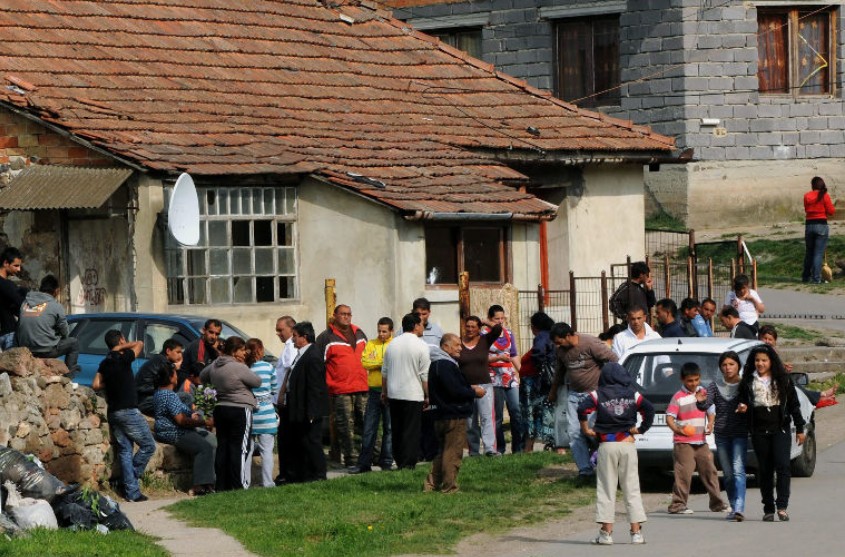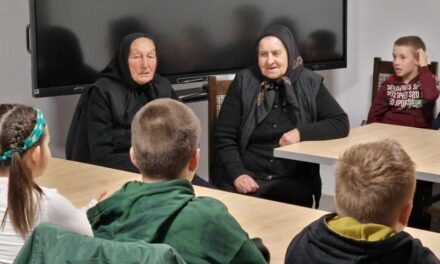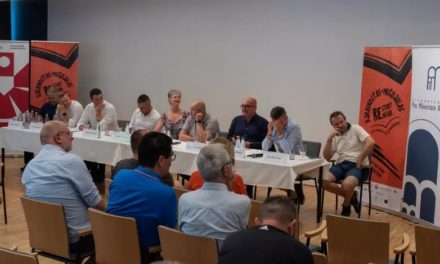I don't know how much sense it makes and whether it still makes sense to juxtapose "big cases" in such a way as to summarize processes looking back a decade or two. If I do this myself, I only increase my sadness, and as Ady's horse, the hesitant question pushes to my lips: "so what will become of this, dear sir?". Written by Róza N. Gyurkovits.
Now that the European Union is also suing Slovakia for discriminating against the Roma, I have many questions.
In the age of progressive-progressive superpower abolition culture, how can a country be brought to court for trying to solve the way of schooling a specific indigenous ethnic group in line with the ethnic group's traditions and possibilities?Octopus arms of networks created in America (USA) and expanded globally are entwining our Eastern and Central European societies, trying to catch those who, so to speak, violate the principles of equal treatment for everyone. Discriminated (differentiated), segregated (segregated) - that's what their accusation says, and - unfortunately - there is a prosecutor's office, a court that wants to satisfy the accusing lawyers, ignoring the reality. (And there is also the European Commission, lest I forget...)
There are village schools where, due to the composition of the population and the birth rate, the proportion of Roma children is eighty to ninety percent.Or even only Roma children go to school, because the non-Roma population of the settlement - due to the lack of job opportunities - consists almost exclusively of old people, and even if they wanted to, they could not "fill" the educational institutions proportionally with school-age children. Even with the greater glory—and general dominance—of anti-discrimination laws.
Of course, the people and teachers of the network say that the rule is the rule, and even though there are so many children locally that the institution has long since outgrown it, the school building and the living conditions should not be expanded and improved, but the children should be separated and divided, and to make them travel in all directions around the neighborhood so that no one feels segregated.
The "well-wishers" and the judges are not interested in the fact that the ethnic group itself does not ask for this.Those affected, who are deprived of another fundamental right to free school choice by such "justice" decisions, cannot file a counterclaim, because the branch foundations of the open society do not help them here, in this corner of the world, with qualified lawyers and the money they need to litigate. The experts in such "retrieval" cases are currently working in the country of the model democracy beyond the big puddle, where they are busy winding up the former integrative schooling cases of the indigenous population, the Indians, and forcing "posthumous" compensation. (Will they come to us in fifty years?!)
The EU member states of Central and Eastern Europe can be punished and sanctioned by court from the center in Brussels. This is the latest fashion. Punishment instead of catch-up support.But: only in this area. Further west - seen from Brussels - it's as if everything is covered in milk. As if the majority or exclusively schools educating migrant children are not mushrooming! Children of natives attend expensive private schools. Yet they act as if everything is perfectly fine there with integration and the promotion of organic integration into society. However, "no-go" zones are multiplying there as well, there are far more of them than in the gypsy settlements here, and the proportion of immigrants also far exceeds our Roma population.
If this is not a "big case" belonging to the European Court there, why is it here? Isn't it just so that the much bigger segregation problem there can be swept under the rug?In our region, the countries at least try to help the communities that have been separated to catch up, even if this is difficult and involves many pitfalls. This intention should not be punished, but supported by taking stock of the facts. Even if statistical facts don't really matter in Brussels at the moment.
M7.sk/Magyar7 weekly 2023/17 has been published. in number
Featured image: MTI/H. Sándor Szabo













